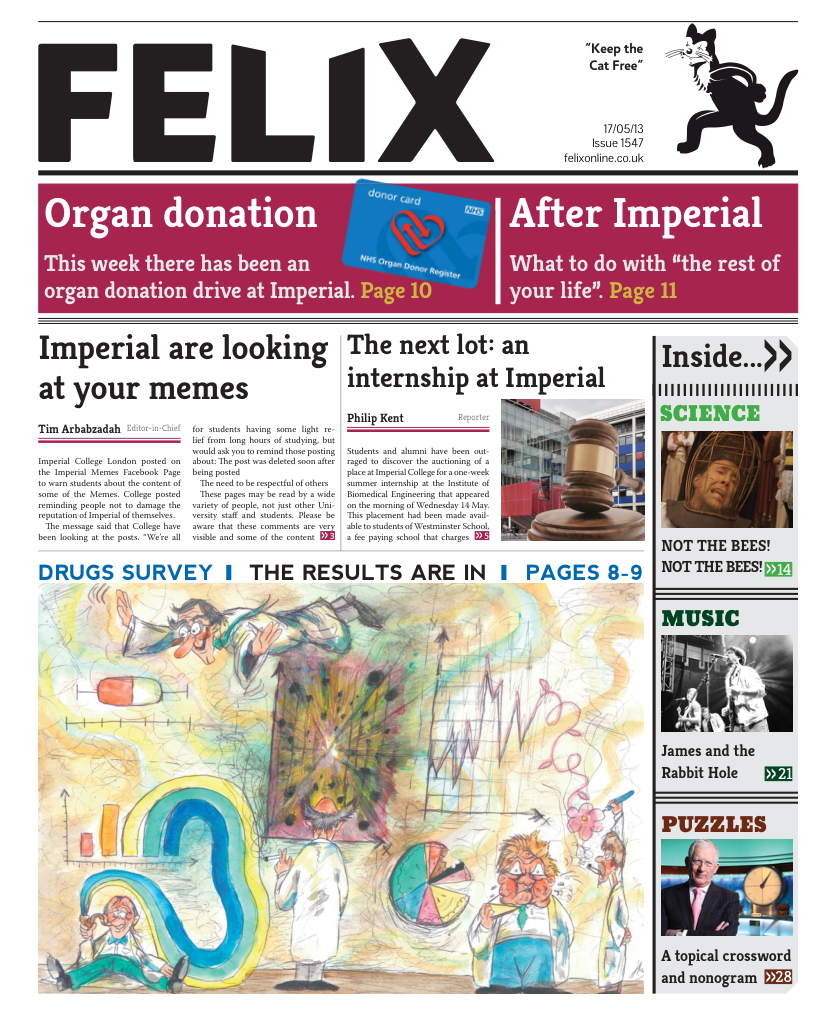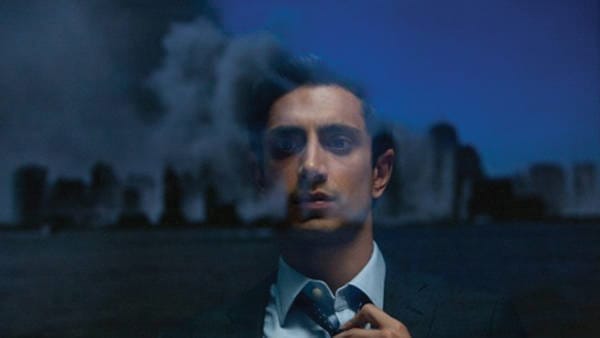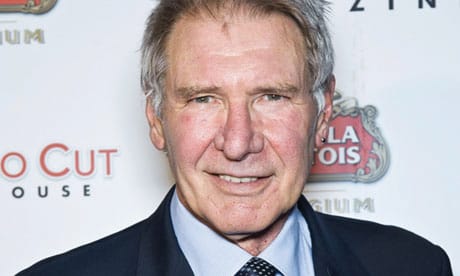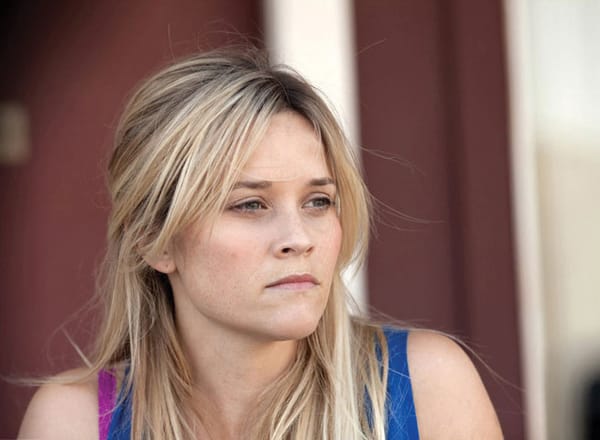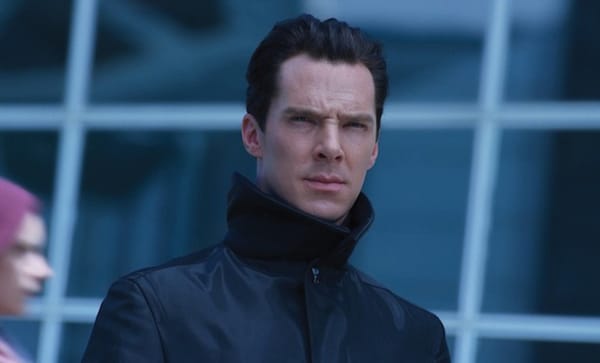The not-bad-you-should-probably-see-it Gatsby
Lucy Wiles reviews The Great Gatsby
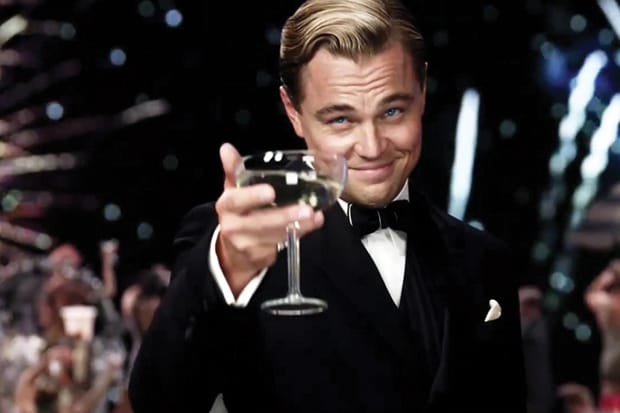
You know how, more often than not, the trailer for a film shows all the film’s best bits and everyone is let down by the film? This is so not the case here. The Great Gatsby is everything the trailer promises, and more. It is bold, brash, glamorous and over-the-top in the trademark Baz Luhrmann way.
Luhrmann’s collaboration with Jay-Z for the soundtrack and visuals were criticised no end, but has turned out to be a great move – in fact, they are the best aspects of the film. The whole experience, despite not having the original brilliance of Luhrmann’s Romeo + Juliet, is mesmerising: the narration of the film is done via music videos, which is utterly cool. The iconic images from the book, such as the green light at the end of the dock, East Egg vs. West Egg and the haunting eyes of T.J. Eckleburg are eerily similar to how one would imagine them having read the story. All that said, the experience in 3D is a little bit dizzy-making, with its flashing lights and fast-panning footage.
Luhrmann’s old favourite Leonardo DiCaprio takes the title role, and does a fairly good job – although not perhaps up to the standards of his recent portrayal of evil Calvin Candie in Django Unchained. Unfortunately for DiCaprio, it’s a tough task for anyone to live up to the complex and difficult tycoon that Fitzgerald created. Fortunately for DiCaprio, however, Luhrmann gives Gatsby what might possibly be the most flashy and flamboyant introduction ever, which sets the scene so beautifully for DiCaprio’s slightly egotistical type of acting. Although Robert Redford’s original Gatsby might have been slightly stronger, DiCaprio’s Gatsby has a much better setting. His arrogant, ostentatious, slightly aggressive Gatsby is, underneath, more nervous and insecure than expected, which gives a real depth to the character and shows off DiCaprio’s skills. His excitement and stress around Daisy is very obvious, and it’s incredibly obvious when he’s lying – almost the opposite of Redford’s coolness and indifference.
Daisy Buchanan herself, played by the wonderful and beautiful Carey Mulligan (who suits 1920’s style like no other), is made into a far more heartrending characterthan the Daisy in the novel by Luhrmann. Despite almost constant narration (by Tobey Maguire’s character, Nick – big mistake: Maguire’s voice is hugely irritating after a while), a favourite line – “Her voice was full of money” – is left out. Mind you, it would have been inappropriate in this adaptation. Here her voice is only full of sadness and disillusionment. Although it’s reassuring to see the human side of Daisy, it is also a shame to see her shallow, feckless side toned down here.
For the full effect, I’d recommend seeing this one in the cinema. The sound and the sparkles alone deserve the big screen experience. Completely ridiculous, totally too much, wonderfully garish – this certainly isn’t one to miss.

